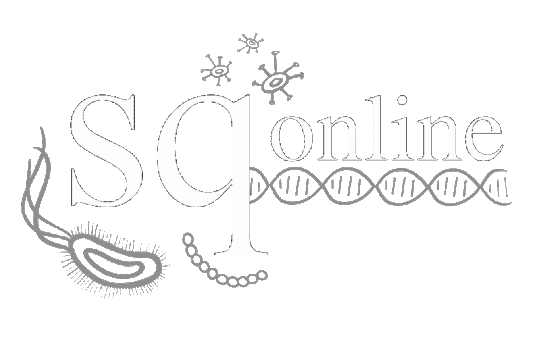BY HAEBIN LIEW | BLOGGER | SQ ONLINE (2013-14)
Velcro, Lego blocks, and the Hubble telescope: what do they all have in common? Aside from being launched into space at some point in time, they were invented out of some form of curiosity. Obviously it can be argued that these inventions would not have become such a big part of our lives without mass production, but the idea that was placed inside those inventors is a huge factor in whether we would be able to ditch shoelaces and walk around in our snazzy Sketchers (I am unashamed to have been a part of this circa 2002).
Curiosity has a fond and pivotal position in science as well, namely biology which embodies the motto of exploration and discovery. Consider Charles Darwin and his voyage on the Beagle. Darwin didn’t journey off to distant lands in hopes of confirming his beliefs in what he may or may not find. It was quite the opposite: he was on an expedition to explore unseen life and natural wonders. By taking that risk and with the push of curiosity, Darwin witnessed mechanisms in evolution that we are now able to call natural selection. If we were to put this in a broader perspective, curiosity is what drives scientists to search for an answer and, along that path, to be disputed over and over again.
During Spring quarter last year when my interest in research was just beginning to take form, I read a paper called “The importance of stupidity in scientific research” by Dr. Martin A. Schwartz of University of Virginia. In his essay, Dr. Schwartz highlights what it means to be lost in question and how nobody has an answer to the question you ask yourself. Once we become lost in our ignorance, we can find the answer we are looking for after we search for it the best we can. In that sense, I believe curiosity is the ignorance that drives us into asking the questions that can someday solve the problems no one has the answers to. Schwartz also states an “absolute stupidity” that lies within us all, a kind of stupidity that is “existential fact”. That is to say we shouldn’t test ourselves to see how well we know the material from a course and be reassured of our mastery but to pinpoint where we falter and recognize qualities within ourselves that we should improve to pose important questions. I am definitely in a stage where I am understanding there is no one to hold your hand and guide you through your research because that is the responsibility of the person who asked the question: in this case, myself.
“Physicist Brian Cox’s stance on curiosity and scientific discoveries”
At first it may seem daunting: if the smartest person I know, be it a mentor or role model, cannot answer this question, then how can I? But that is the beauty of it all. If we simply wait for our questions to be answered, our curiosity stagnates and does not surmount to anything but a thought lost in question. It is the insatiable desire for knowledge and to be proven wrong that drives us to be sure in the answers we discover. I have such an ambition to find answers and never to settle for anything less than the truth. I believe that is an inherent trait in all of us and I hope all of you will try being scientifically “stupid”. Before I leave, here’s a site that I enjoy visiting often that realizes famous quotes into inspirational cartoons. It was a great experience being a blogger this quarter and I hope to write many more in the Spring. Good luck on finals and until next time!
Question of the Day: When have you made the most of being curious in your life?

